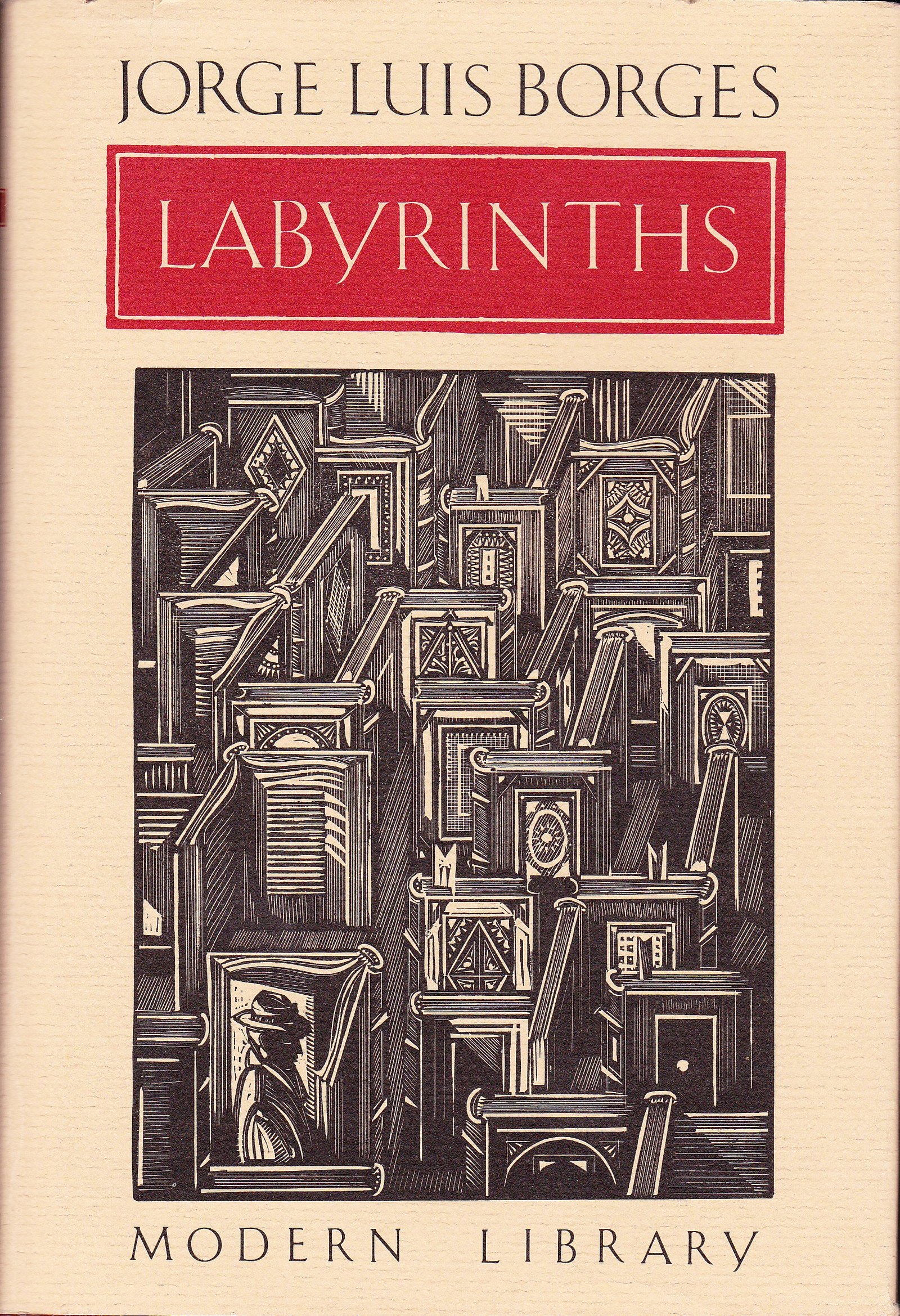In the vast realm of modern literature, certain writers stand out as enigmatic figures who challenge conventional storytelling and expand the boundaries of imagination. Among them, Jorge Luis Borges, the Argentine master of short stories, essays, and poetry, shines as a luminary whose works have left an indelible mark on the literary landscape. In this blog post, we embark on a journey through the labyrinthine realm of Borges’ writings, exploring his unique style, intellectual prowess, and intricate themes that captivate readers worldwide.
The Essence of Borges:
Jorge Luis Borges’ literary genius is encapsulated in the concise yet profound nature of his works. Though limited to essays, short narratives, and poetry, Borges exhibits a remarkable ability to weave complex ideas and paradoxes with a tight, almost mathematical style. His stories delve into esoteric references, multiple histories, cultures, and literature, challenging readers to explore the interplay between reality and fiction.
Labyrinths: Selected Stories and Other Writings:
In “Labyrinths,” a representative selection of Borges’ writings is showcased, comprising around forty pieces drawn from various books published over the years. The collection presents a tantalizing glimpse into Borges’ world, allowing readers to immerse themselves in narratives like “The Garden of Forking Paths,” “Emma Zunz,” “The Library of Babel,” and “The Zahir.” Each tale demands multiple readings, and readers willing to investigate references are rewarded with literary gold.
Borges’ Unique Perspective:
One of the defining aspects of Borges’ work is his distinctive perspective on reality and its infinite possibilities. As an agnostic, he believed that anything, even the concept of God, was plausible in the strange and enigmatic world we inhabit. He questioned the nature of truth, emphasizing that there are countless ways to perceive reality and interpret events, embracing the notion that truths are not fixed but a kaleidoscope of infinite variations.
Blurring the Boundaries:
Borges’ writing often transcends conventional genres, blurring the lines between fiction, history, philosophy, and theology. His essays and stories reveal a profound understanding of human nature and a fascination with the notion of time, parallel universes, and the complexities of the universe. The influence of Borges’ work can be seen in other writers like Umberto Eco, who adopted similar manipulations of text and the blending of reality and fiction.
The Labyrinthine Mind:
Reading Borges’ works is like navigating a labyrinth, with twists and turns that challenge readers to contemplate complex ideas. His narrative structures are often multifaceted, leaving room for multiple interpretations and rewarding those who engage with his texts on a deeper level. His writing invites readers to ponder the relationship between knowledge and understanding, urging them to question their own comprehension of his language and ideas.
The Allure of Borges’ Writing:
Despite the challenges posed by Borges’ intricate narratives, his works possess a magnetic allure that captivates literary enthusiasts. The blend of philosophical musings, historical references, and metaphysical elements create a tapestry of thought-provoking concepts, inviting readers to engage in self-reflection and intellectual exploration.
Conclusion:
In the realm of literature, few writers can rival the brilliance and enigmatic charm of Jorge Luis Borges. His “Labyrinths: Selected Stories and Other Writings” stands as a testament to his intellectual prowess, creative ingenuity, and ability to leave an indelible mark on readers worldwide. Borges’ narratives are not merely stories but intricate labyrinths that challenge the boundaries of reality, time, and human understanding. As we delve into the mind of this literary maestro, we are reminded of the infinite possibilities that language and imagination hold—a tribute to the profound impact of a writer whose works continue to inspire and intrigue generations to come.

